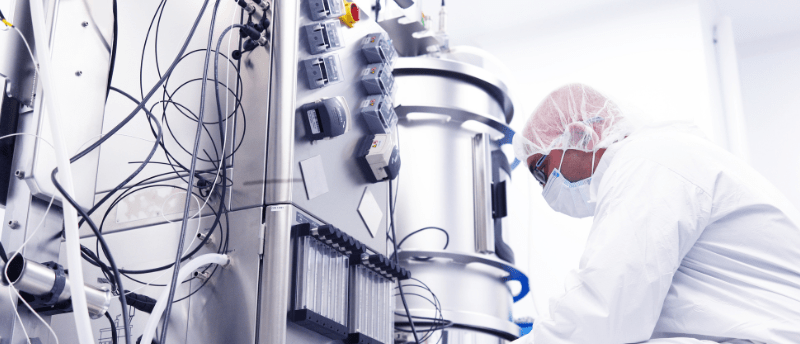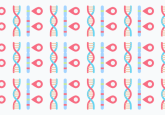Roche opens €90m center dedicated to the development of gene therapies

Roche (Basel, Switzerland) received a €90 million investment to open a center dedicated to the development of gene therapies. The investment was granted as part of the German government’s ‘National Strategy for Gene and Cell Therapies’, a collaborative effort involving Bayer AG (Leverkusen, Germany) and the Berlin Institute of Health (Germany).
The initiative aims to consolidate previously separated gene therapy projects to enhance research and development coordination. An interactive map of RNA development activities in Germany, hosted online and regularly updated by the pharmaceutical association VFA, could prove to be invaluable for advancing state-of-the-art RNA gene therapy.
Roche AG’s new facility in Penzberg will predominantly specialize in the manufacturing of gene therapy vectors geared toward use in clinical trials. Historically, the company concentrated its efforts on antibody conjugates but has since expanded its portfolio to include gene therapy.
This shift may be partly attributed to resistance from buyers towards the increase in prices associated with gene therapies. The largest health insurance fund in Germany, Techniker Krankenkasse (Hamburg, Germany), recently reignited the discussion on costs, which had previously prompted some US gene therapy developers to withdraw from the European market. Presently, most gene therapy trials are held in China, followed by the USA and the UK.
“With our investments at the various sites, we are strengthening the value chains in the field of gene therapy in Germany – from technical development and production to national supply and export. In this area, Roche in Germany is becoming an international hub, supplying clinics worldwide,” commented Professor Hagen Pfundner, CEO of Roche Pharma AG (Germany).
Gene vectors, serving as carriers for DNA transport, present novel avenues for addressing the underlying causes of various severe illnesses at the DNA level. Additionally, modern methodologies involve the use of chemically stabilized mRNAs encapsulated within liposomes, further expanding therapeutic approaches.
You may also be interested in:
- Immunogenicity considerations for AAV gene therapy: an interview with Bonnie Wu
- In the Zone: automating analytical methods for gene therapy
- FDA approved: the first hemophilia A gene therapy authorized for the United States
The American Society of Gene & Cell Therapy (ASGCT) has reported that over 2,000 gene therapies and genetically modified cell therapies were being researched across the world, as of the end of 2023. At the time of writing, the EU currently has 15 gene therapies approved. Roche is presently operating research labs in both the USA and Switzerland, collaborating with their partners to explore novel gene and cell therapies aimed at treating various diseases across the fields of neurology, ophthalmology, hemophilia and oncology.






